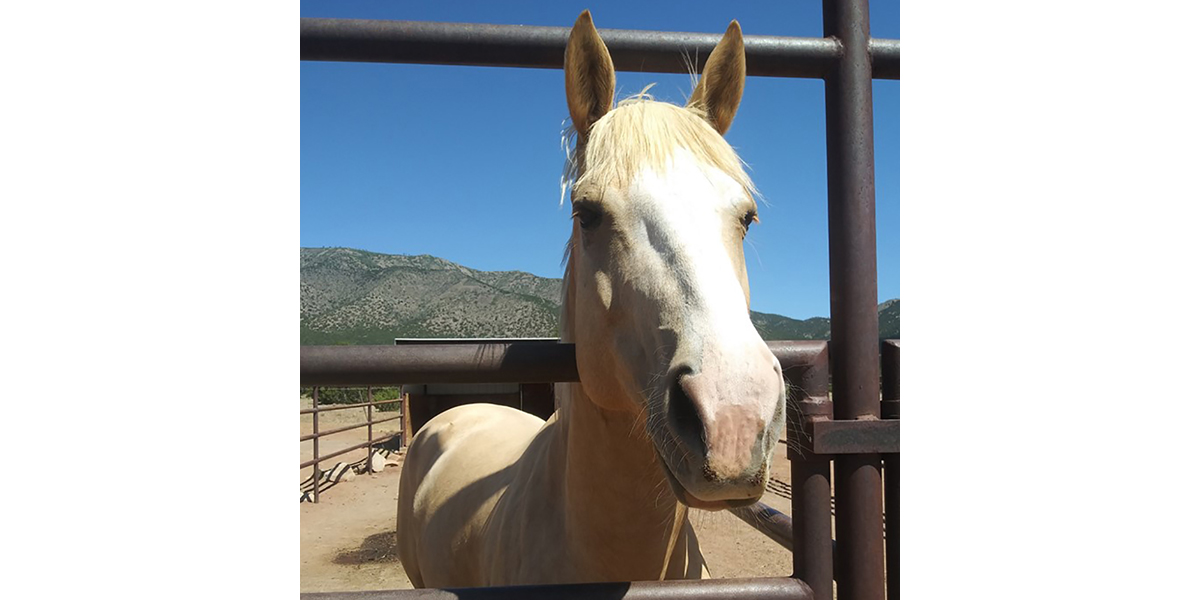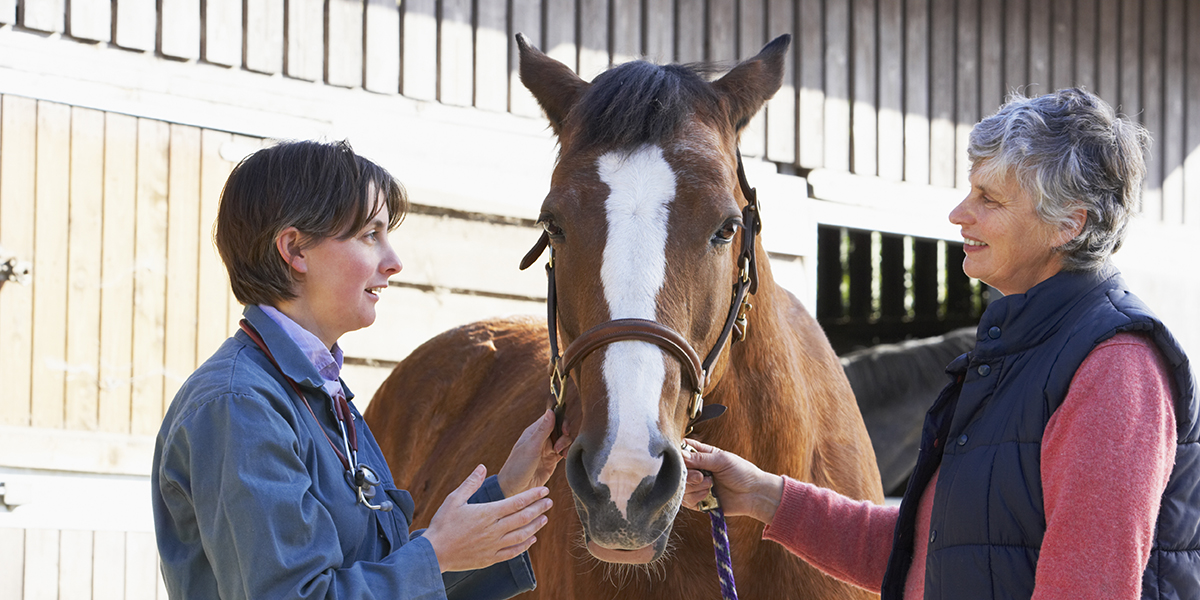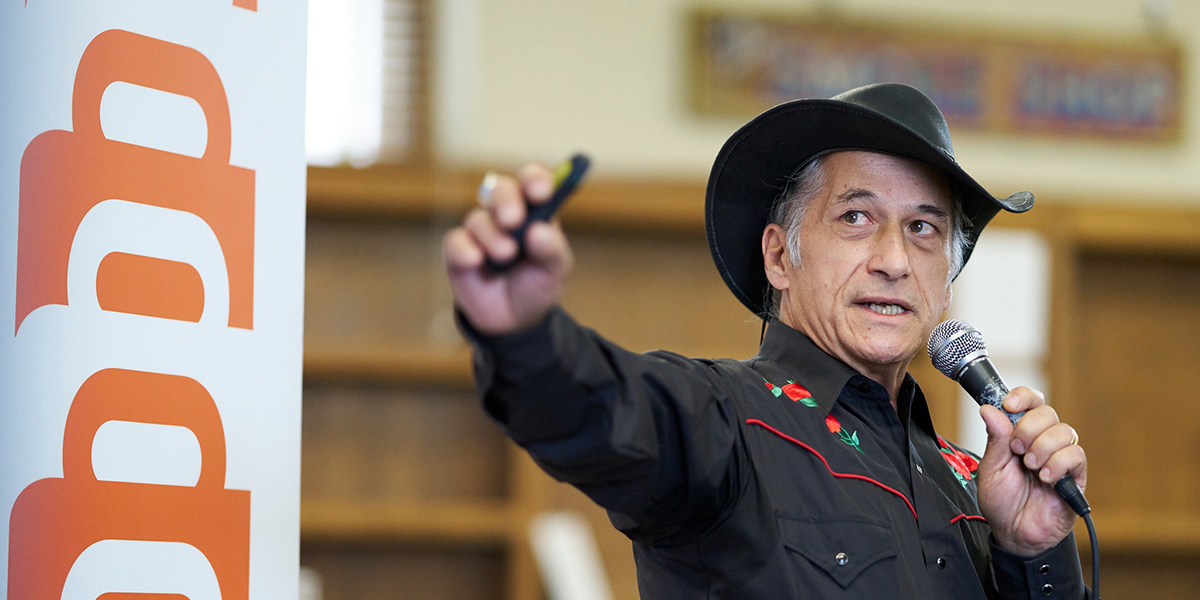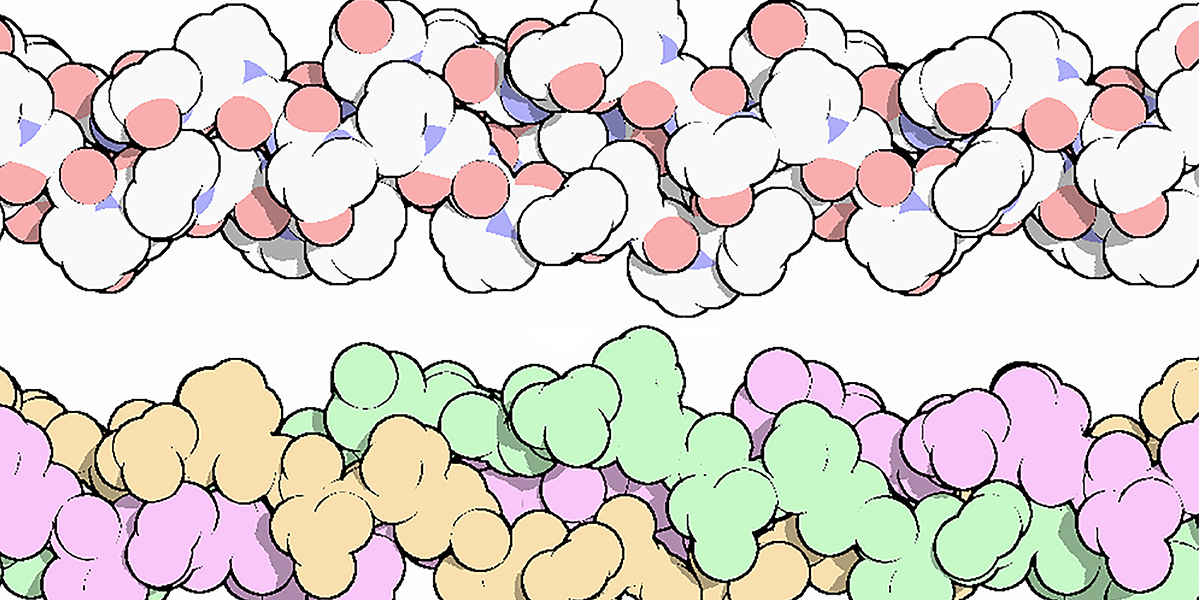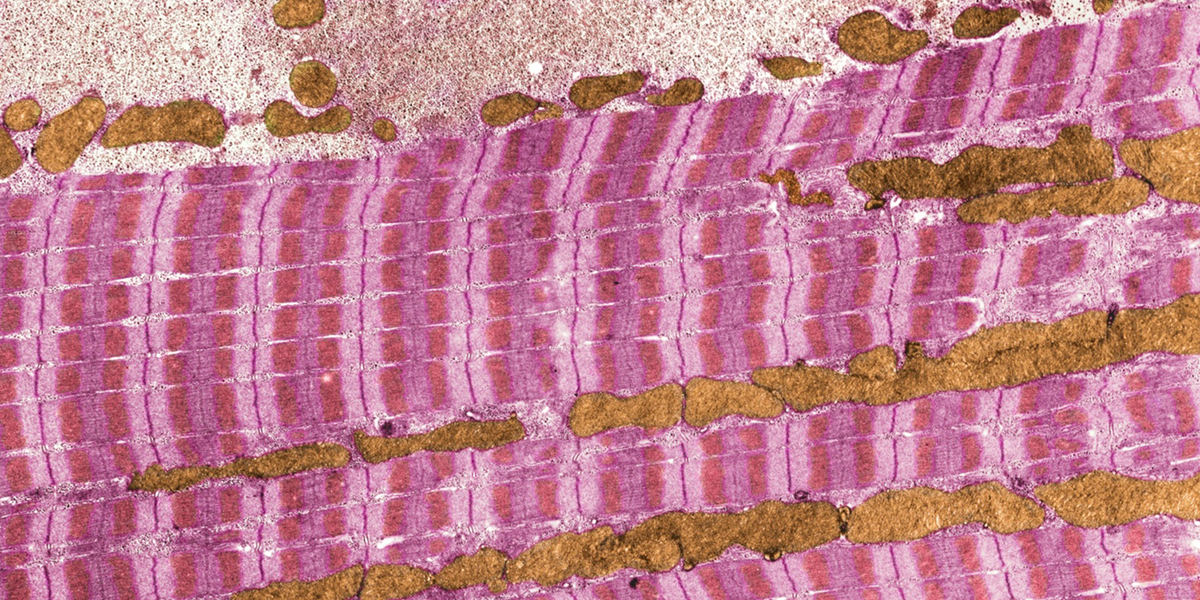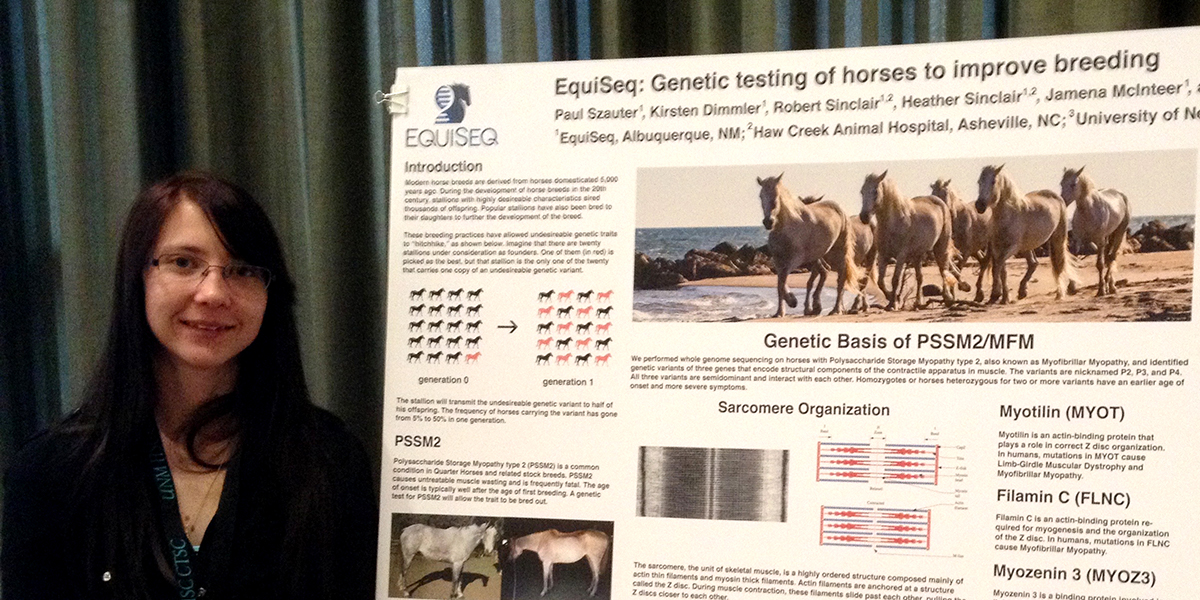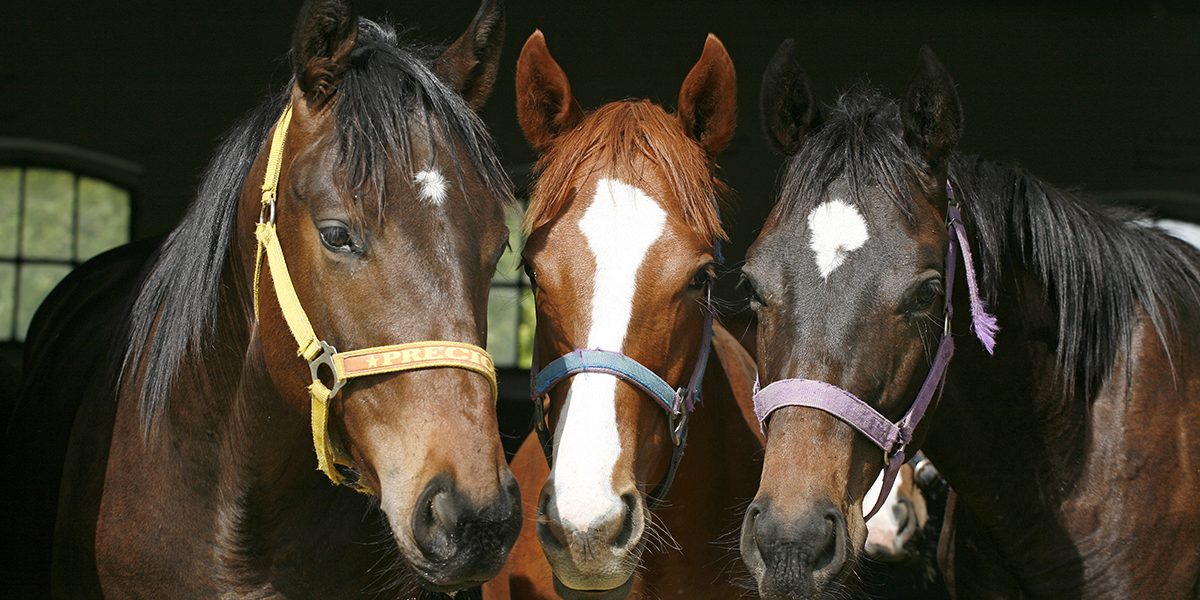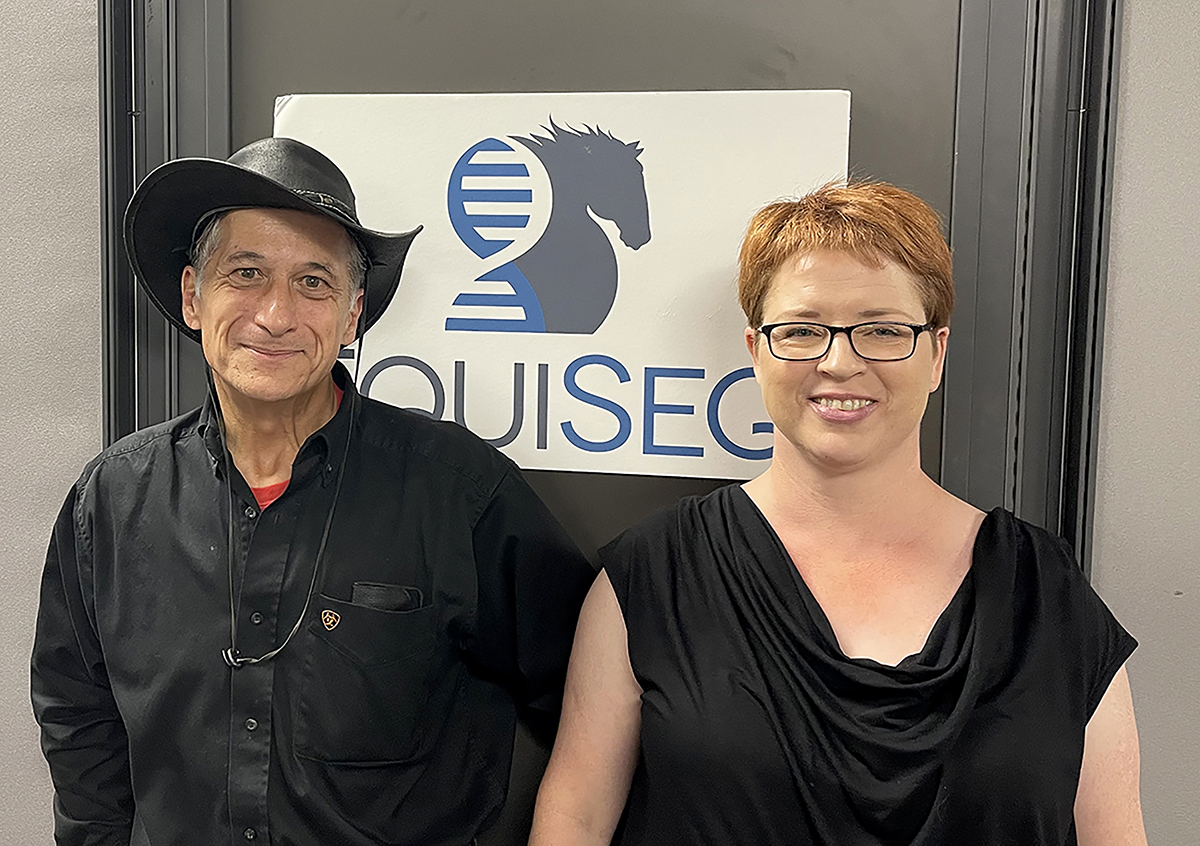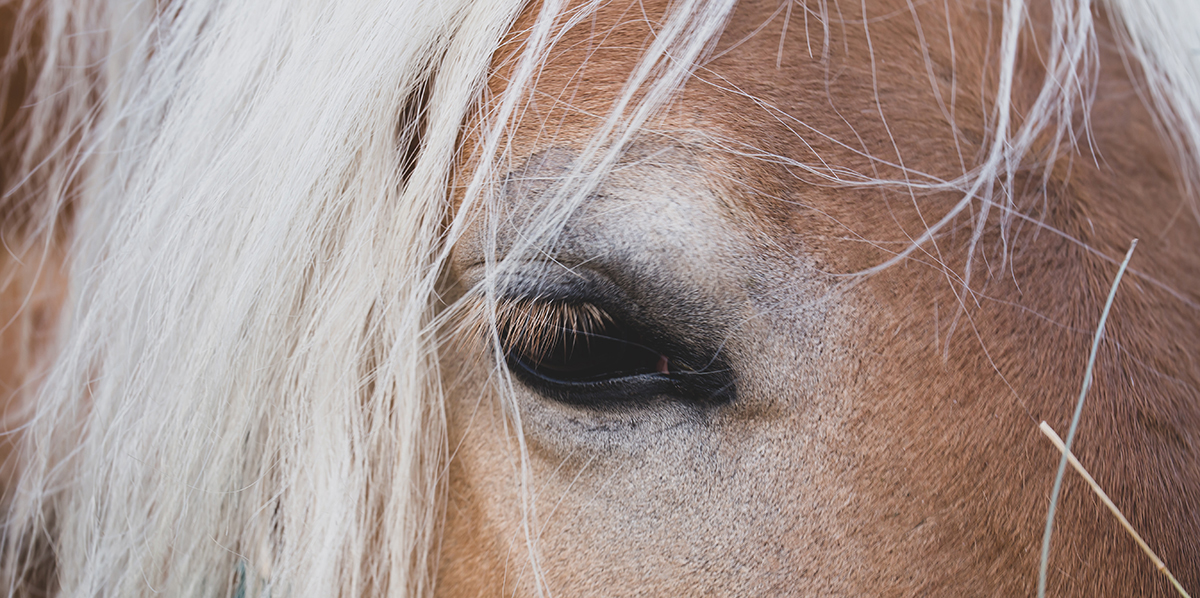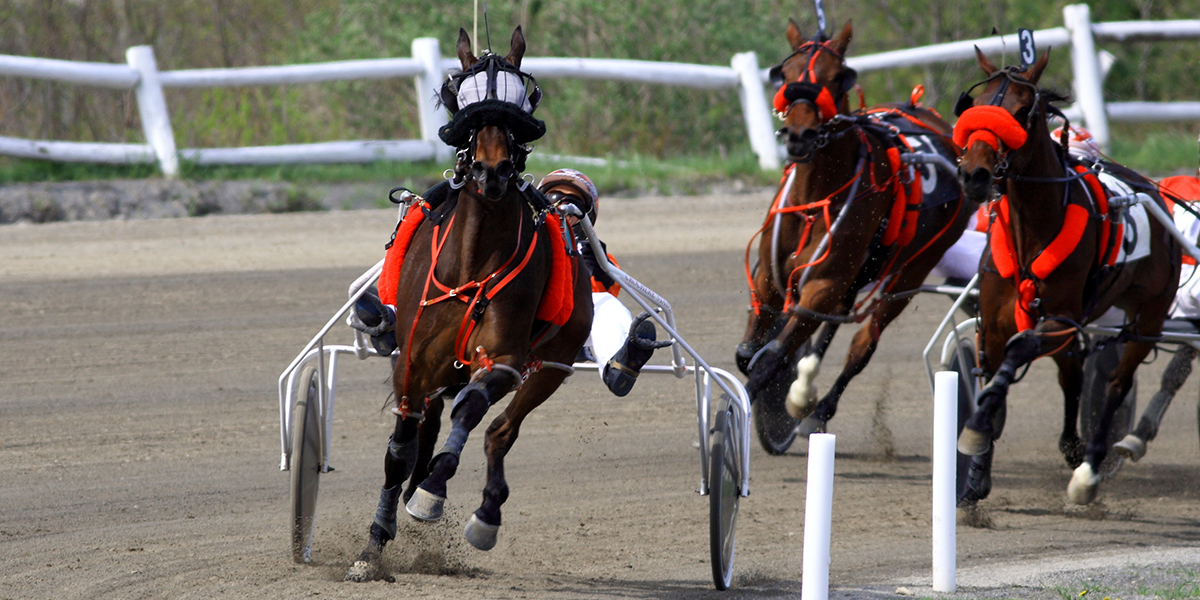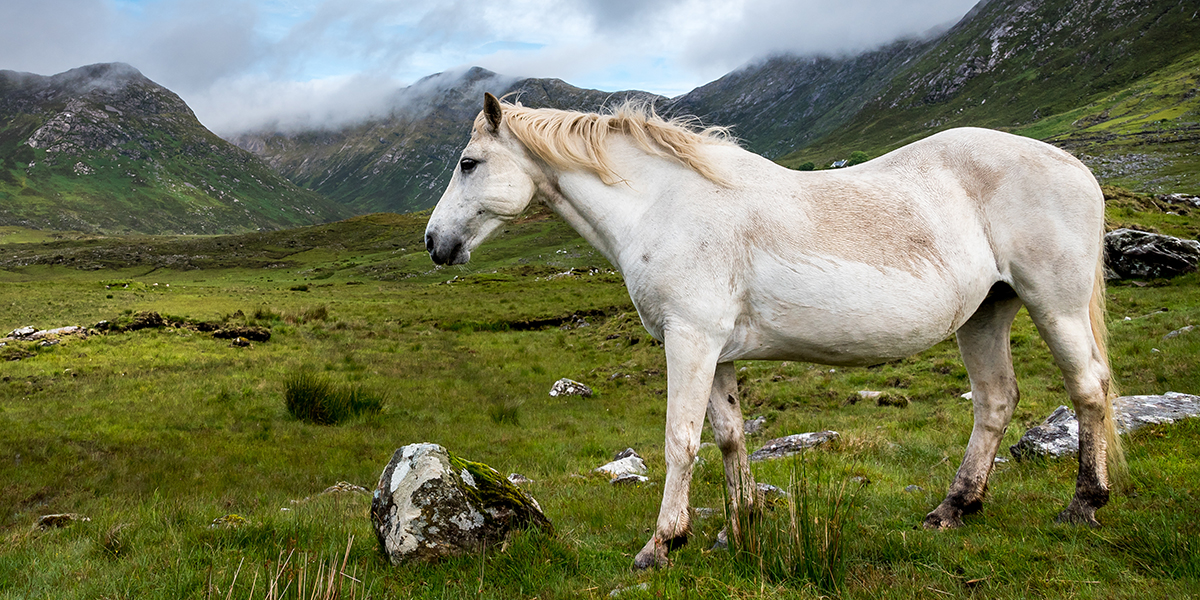Our blog
Resources and insights
The latest industry news, interviews, technologies, and resources.
Blog categories
News
EquiSeq CEO Departs to Head Circular Genomics
Albuquerque, New MexicoDr. Alex Hafez, CEO of EquiSeq, left his position in October 2021 to head a new company, Circular Genomics. Circular Genomics uses technology that Dr. Hafez developed in his dissertation research under the direction of Dr. Nikolaus Mellios. On November 30, Circular Genomics closed a $4.5 million investment round that included local venture capital firms Tramway Ventures and Cottonwood Technology Fund, as well as out-of-state venture capital firms and private investors.Circular Genomics is developing diagnostic tests for psychiatric disorders using circular RNA. Circular RNA is a recently discovered form of RNA that can serve as a biomarker in diagnostic tests. The company’s first target is depression, a disorder that affects tens of millions of Americans every year.Dr. Hafez served as EquiSeq’s CEO from February 2018 through October 2021. Under his direction, EquiSeq added new genetic tests to its Myopathy Panel, signed a licensing deal with Generatio GmbH – Center for Animal Genetics, and filed an additional patent application. The company also increased its research efforts by establishing collaborations with university researchers around the world.Dr. Paul Szauter, EquiSeq’s founder and Chief Scientific Officer, assumed the position of Acting CEO during a search for a successor. Hafez remained on EquiSeq’s board through April…
News
EquiSeq and Haw Creek Animal Hospital Raise $10,000 for Wilderwood Equine Therapy and Rescue
Peralta, New Mexico Paul Szauter, EquiSeq’s Chief Scientific Officer, attended an event at Wilderwood Equine Therapy and Rescue on October 30, to present Wilderwood with a donation from EquiSeq toward their equine therapy program. EquiSeq and Haw Creek Animal Hospital staged a joint fundraiser that raised $10,000 for Wilderwood. Wilderwood’s equine-assisted programs are an innovative and integrative approach designed for autistic adults and children (aged 8 and up) to strengthen authentic self-perception, self-possibility, and self-realization through mind/body interoceptive and somatic understanding combined with the philosophy of Hautism, which embraces and celebrates the innate connection between horses and autistic people. Wilderwood also rescues unwanted horses, provides them a lifetime loving home, and educates the community about horses and autism. Wilderwood adopted Lady Faith from EquiSeq. Lady Faith is n/K1 and free of other variants. She is the mare in which the K1 allele of COL6A3 was discovered by whole-genome sequencing.
News
EquiSeq and Haw Creek Animal Hospital Join Fundraiser for Wilderwood Equine Therapy and Rescue
Albuquerque, New Mexico EquiSeq and Haw Creek Animal Hospital will join a charity fundraising effort for Wilderwood Equine Therapy and Rescue. EquiSeq will donate 10% of sales for the entire month of September 2021 to Wilderwood. Haw Creek Animal Hospital, in Asheville, North Carolina, stages a Labor Day Charity fundraiser every year, and this year will donate to Wilderwood from Labor Day sales. Wilderwood’s equine-assisted programs are an innovative and integrative approach designed for autistic adults and children (aged 8 and up) to strengthen authentic self-perception, self-possibility, and self-realization through mind/body interoceptive and somatic understanding combined with the philosophy of Hautism, which embraces and celebrates the innate connection between horses and autistic people. Wilderwood also rescues unwanted horses, provides them a lifetime loving home, and educates the community about horses and autism. EquiSeq became aware of Wilderwood when the charity agreed to adopt Lady Faith, a horse that has been part of EquiSeq’s research program for several years. Please watch this outstanding video about Wilderwood. Anyone wishing to donate to Wilderwood can reach out directly. Donations are tax-deductible. EquiSeq and Haw Creek Animal Hospital will publicly disclose their combined charity donation before the end of October.
News
German Warmblood Associations Include Testing for EquiSeq Genetic Variants in Genotyping Platform
Albuquerque, New Mexico The International Association of Future Horse Breeding (IAFH), a group of five German Warmblood associations, has developed a large-scale genotyping platform (a SNP array) for breed improvement. They have added tests for the variants in EquiSeq’s Myopathy Panel to the array. Results will be available to horse owners through Generatio GmbH – Center for Animal Genetics, which holds the exclusive license for EquiSeq’s tests in the EU and the UK. Below is a translation of their press release. Horse breeders have health in mind The health of the riding horses is important for every breeder. The International Association of Future Horse Breeding (IAFH) is dedicated to it. The focus is also on hereditary diseases such as PSSM2. The IAFH provides fundamental scientific work that leads to breeding measures to ensure the health of horses in the future. With the availability of differentiated molecular genetic laboratory analysis, the possibilities to assess the genetic predisposition of individual horses are growing. This applies to all characteristics that have been influenced by hereditary factors in their form, regardless of whether they follow simple or complex inheritances and whether they relate to performance, appearance, or health. Especially for the monitoring of hereditary diseases,…
News
Horse Breeding Associations Support Genetic Research on PSSM2
Vechta, Germany PSSM2 (Polysaccharide Storage Myopathy Type 2) is a much discussed topic. Now the horse breeding associations for Holstein, Trakehner, Hanoverian, Oldenburg and Westphalia want to make genetic material available for research purposes to a project of the International Association of Future Horse Breeding GmbH & Co KG (IAFH). Muscle wasting, lameness, stiff gait, ataxia – PSSM2 has many symptoms, and probably more causes. The muscle disease is moving more and more into focus (we deal with it in detail in the May issue of St.GEORG). Now, for the first time, there is a joint initiative by the four largest breeding associations and the Trakehners. It’s about providing genetic data for research. For this purpose, the International Association of Future Horse Breeding GmbH & Co KG (IAFH), founded in Vechta in 2017 and based there, will cooperate with the licensee of the European patent for EquiSeq’s PSSM2 test panel, Generatio GmbH – Center for Animal Genetics. PSSM2 only occurs in older horses, which is why the associations involved find it important to investigate this hereditary disease first in the joint project. The research activities are to be coordinated by the data experts of the VIT (United Information Systems for Animal…
News
EquiSeq’s Chief Scientific Officer Speaks to Entrepreneurs
Albuquerque, New Mexico Paul Szauter, PhD, Chief Scientific Officer of EquiSeq, will present via Zoom at One Million Cups in Albuquerque on Wednesday, January 20, at 9:00 am MST. The format is a six-minute presentation followed by twenty minutes of questions and discussion. The presentation is open to the public via Zoom. Based on the notion that entrepreneurs discover solutions and engage with their communities over a million cups of coffee, the Ewing Marion Kauffman Foundation developed One Million Cups in 2012 – a free program designed to educate, engage and inspire entrepreneurs around the country. Through the power of volunteers, One Million Cups has grown to more than 160 communities. As a program of the Kauffman Foundation, One Million Cups works with entrepreneurs, empowering them with the tools and resources to break down barriers that stand in the way of starting and growing their businesses. Dr. Szauter founded EquiSeq in 2015 with no background in business. He was introduced to Albuquerque’s entrepreneurial community when he won a pitch competition in September 2014. He completed the ABQid Accelerator program in 2015. After a couple of years of regularly attending One Million Cups Albuquerque, he became one of the group’s volunteer organizers, recruiting and coaching other entrepreneurs. Dr. Szauter has…
News
Generatio GmbH – Center for Animal Genetics Adds P8 and K1 Tests
Tubingen, Germany Generatio GmbH – Center for Animal Genetics (CAG) has added the P8 variant of PYROXD1 and the K1 variant of COL6A3 to its Variant Panel. These tests are now available to horse owners in the EU and UK. The launch followed licensing of these tests from EquiSeq. Generatio GmbH – Center for Animal Genetics (CAG) has the exclusive rights to these tests in the EU and UK. For horses already tested for P2 (MYOT), P3 (FLNC), P4 (MYOZ3), and Px (CACNA2D3), a test for P8 (PYROXD1) and K1 (COL6A3) is available. Horse owners in the EU and UK can order the 6-Variant Panel online from the Animal Trust Center (ATC).
News
Podcast and Videos Explore Muscle Disease
Albuquerque, New Mexico July 2020 was a great month for horse owners seeking to understand muscle disease. Eden River Equestrian interviewed Paul Szauter, EquiSeq’s Chief Scientific Officer, for episode 86 of their Come Along for the Ride podcast. In the interview, Dr. Szauter talked about the effects of the genetic variants that are included in EquiSeq’s Myopathy Panel, with an emphasis on symptoms that will be evident to horse owners. He specifically recommended a video on PSSM & MFM Symptoms at canter by Christine Lola Mahon of the PSSM & MFM Awareness Group on Facebook. After the podcast was aired, Christine Lola Mahon posted a detailed video showing the progression of PSSM2/MFM, The Harsh Reality of PSSM2. The Equine Extension Program at the University of Minnesota hosted a set of four seminars by Dr. Molly McCue of the Equine Genetics and Genomics Laboratory. The seminars were held as Facebook Live events. Horse owners watching in real time were able to post questions and comments. The seminars are available as Facebook videos as listed below. Part 1 Introduction to Muscle Disease Part 2 PSSM Part 3 RER & MFM Part 4 HYPP & IMM Dr. McCue encouraged horse owners to participate in the University of Minnesota muscle disease study. Please see their FAQs or contact…
News
EquiSeq’s Kirsten Dimmler Accepted to PhD Program at the University of Minnesota
Albuquerque, NM Kirsten Dimmler, a Bioinformatics Analyst at EquiSeq, has accepted an offer of admission to graduate school in the College of Veterinary Medicine at the University of Minnesota. Kirsten will be entering the laboratory of Dr. Molly McCue, a leading veterinary expert in the field of equine genetics and genomics. Her admission to graduate school was originally scheduled for the fall of 2020, but has been deferred to January 2021 due to the COVID-19 pandemic. Kirsten began her career at EquiSeq with an internship while still an undergraduate biology major at the University of New Mexico. Following her graduation with a B.S. in Biology in December 2017, she began work at EquiSeq in bioinformatics. Her research involved evaluating potentially pathogenic mutations discovered in whole genome sequence data from horses with symptoms of exercise intolerance. The work led to a patent filing and the development of commercial genetic tests for horses. Kirsten was born and raised in Albuquerque, New Mexico. She has a passion for animals and had a goal of one day becoming a veterinarian. She purchased her first horse, an Appendix Quarter Horse mare named Esperanza, as a teenager and went on to compete in hunter/jumper with her….
News
University of Minnesota Opens Study of Genetic Basis of Muscle Disorders in Horses
Saint Paul, Minnesota The Equine Genetics and Genomics Laboratory at the University of Minnesota is conducting a study using 3,000+ horses to study the genetic mechanisms behind different muscle disorders in horses and how diet and exercise may impact these disorders. The results of this study will provide veterinarians, researchers, and horse owners with information on genetic and management factors that influence muscle disease and aid in developing treatment strategies for muscle disease in individual horses. This will be the largest study of muscle disease ever conducted in the horse. To make this unprecedented study happen, we need help from the owners of horses affected by muscle disease. For more information about the study, FAQs, and detailed instructions about how to participate, please visit our study website . To contribute to this important effort owners will to need to: 1) Provide information in our Muscle Disease in Horses survey for a horse on your property with suspected or diagnosed muscle disease. 2) Provide the same information in the same survey for another horse of similar age and breed on your property without suspected or diagnosed muscle disease. Here is the survey . 3) Upload photos, videos, blood test results with creatine kinase (CK) and…
- « Previous
- 1
- 2
- 3
- 4
- Next »
News
Twenty European countries issue patent on EquiSeq DNA tests
ALBUQUERQUE, NEW MEXICO EquiSeq announced today that a group of twenty countries in…
News
Jeremy Edwards speaks on intellectual property
Jeremy Edwards, Chair of Department of Chemistry and Chemical Biology at the University…
News
South Africa issues patent on EquiSeq DNA tests
ALBUQUERQUE, NEW MEXICO EquiSeq announced today that South Africa has issued a patent…
News
New Zealand issues patent on EquiSeq DNA tests
ALBUQUERQUE, NEW MEXICO EquiSeq announced today that New Zealand has issued a patent…
News
Canada issues patent on EquiSeq DNA tests
ALBUQUERQUE, NEW MEXICO EquiSeq announced today that Canada has issued a patent on…
News
Generatio Scientist Visits EquiSeq
Dr. Melissa Cox, a scientist at Generatio, visited with Chief Scientific Officer Dr….
News
Free Testing for Standardbreds and Haflingers
Albuquerque, New Mexico A collaborative research team assembled by researchers at EquiSeq will…
News
Paul Szauter Invited to Speak at Genome Sciences Symposium
Seattle, WA Paul Szauter, EquiSeq’s Chief Scientific Officer, has been invited to speak…
News
Free Testing Expands Standardbred Genetics Research
Albuquerque, New Mexico EquiSeq has expanded its research program on the genetics of…
News
Connemara Pony PSSM Research Group Partners with Generatio GmbH
Bergen, Norway The Connemara Pony PSSM Research Group is now registered as a…

